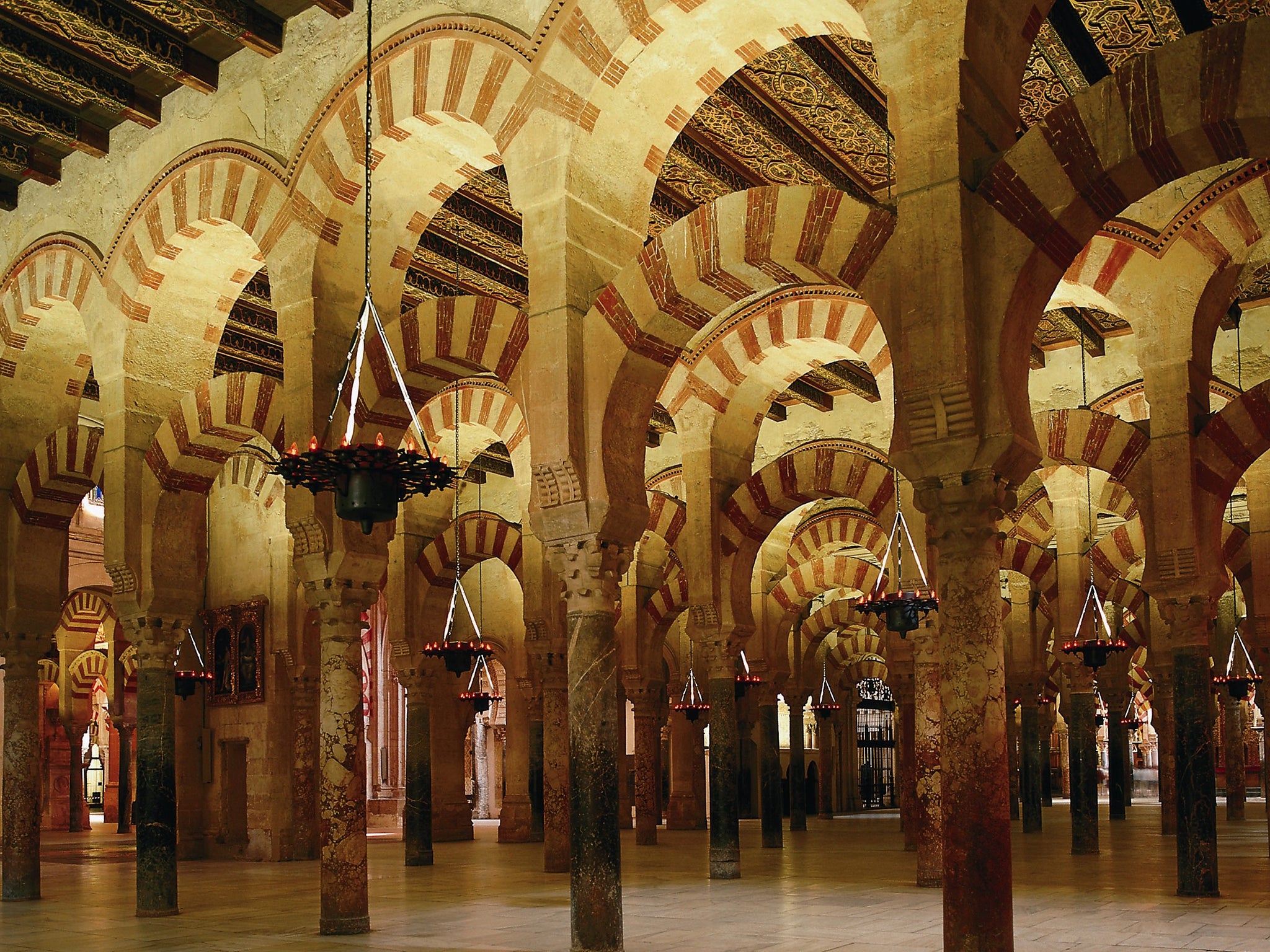Cordoba mayors accuse Church of 'seizing' city's mosque-cathedral
Mayors say they are 'deeply concerned' the Church has taken over the complex

Your support helps us to tell the story
From reproductive rights to climate change to Big Tech, The Independent is on the ground when the story is developing. Whether it's investigating the financials of Elon Musk's pro-Trump PAC or producing our latest documentary, 'The A Word', which shines a light on the American women fighting for reproductive rights, we know how important it is to parse out the facts from the messaging.
At such a critical moment in US history, we need reporters on the ground. Your donation allows us to keep sending journalists to speak to both sides of the story.
The Independent is trusted by Americans across the entire political spectrum. And unlike many other quality news outlets, we choose not to lock Americans out of our reporting and analysis with paywalls. We believe quality journalism should be available to everyone, paid for by those who can afford it.
Your support makes all the difference.Five former mayors of Cordoba have accused the Catholic Church of wrongly claiming ownership of the Mezquita, the city’s Unesco-listed cathedral, as part of a continuing effort to stamp out the site’s Muslim past.
A letter signed by the city’s former leaders questions why cathedral officials should have been allowed to register the site – which they believe should be in public hands. The cathedral itself, consecrated in the 13th century after the Moors were driven from the city, was built amid a huge mosque that was once among Islam’s holiest sites.
The mayors say they are “deeply concerned” that the Church has taken over the complex, which dates from the eighth century when the mosque was first established. “We demand legal restitution and the public deed of the mosque-cathedral of Cordoba, as well as the return to the public domain of all heritage property that was illegally registered by the Church,” their letter says.
More than 80,000 people signed a petition objecting to what they see as the Church’s attempt to conceal the site’s Islamic origins. In December, Andalusia’s regional government complained to the Vatican that cathedral officials’ use of the term “the Cordoba cathedral”, on its website and in literature, amounted to an attempt to whitewash the site’s pre-Christian history.
Tourist maps call the Mezquita “Cordoba’s holy cathedral church” and stress that Christian worship can be traced back to the Visigoth era. “This fact has been confirmed by archaeological excavations,” the literature reads. “San Vicente basilica was destroyed during the Islamic period in order to build the subsequent mosque.”
The Church says the site has continuously been a place of Christian worship since 1236. Jose Juan Gimenez Gueto, a spokesman for the cathedral, said the dispute was “an artificial controversy”. Campaigners argue that the Church’s effort to change the name by which the Mezquita is known, and to dismiss its past, also damages the city’s appeal to tourists.
“The mosque-cathedral is the cultural heart of the city and its principal tourist business,” said Miguel Santiago, a spokesman for the campaign group Mosque-Cathedral, Heritage of All. “Changing its name goes against the tourism interests of Cordoba.”
City hall in Cordoba has ordered an inventory to be carried out to determine whether the state had previously registered the Mezquita as a public asset before Church officials acted.
Join our commenting forum
Join thought-provoking conversations, follow other Independent readers and see their replies
Comments